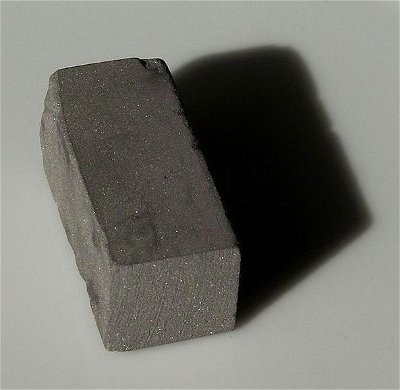23. Please name the three naturally occurring isotopes (isotopes are different forms of one element, resulting from a variation in the number of neutrons within an element's nucleus) of hydrogen.
From Quiz EleMental!
Answer:
Protium, deuterium and tritium
Protium is the most abundant hydrogen isotope and consists of one proton, orbited by a single electron. It is a stable isotope of hydrogen and is the most abundant element in the Universe, composing approximately 89% of the Universe, a completely accurate measurement would be impossible, however, given the frankly ridiculous size of the Universe.
Deuterium is also stable, but composes a mere 0.015% of all hydrogen found on Earth. This isotope of hydrogen consists of one proton and one neutron, again orbited by a single electron. If two deuterium atoms bond with one oxygen atom then heavy water is formed. This is very similar to standard, boring water, but has slightly different properties, as it forms stronger bonds. The melting and boiling points are different; it is slightly more viscous and is a slightly worse solvent than ordinary water. It has been estimated one in every six thousand drops of water is none other than heavy water. However, what is slightly more worrying is that there is a reasonably large amount of fluoride, which is toxic in large amounts, in drinking water as well.
Finally, we reach tritium, an unstable isotope of hydrogen which decays via beta-minus decay. This means that a neutron is converted into a proton, an electron and for anybody who knows a lot about particle physics, an antineutrino, which is a very unreactive, boring particle. Surprisingly, it is used in exit signs as an alternative means of lighting them, in the case of a lack of power. These signs operate by using the free electron to carry an electrical charge. The fact that tritium is a low-energy beta-emitter, which means that the electron, and antineutrino, which are discharged from the nucleus does not have a great deal of energy, it is considered safe, but PLEASE do not damage any exit signs!
Unium, duium and trium are Latin numbers with the suffix '-ium' added in an incorrect fashion, einsium, zweium and dreium are German numbers with the suffix '-ium' added and unium, deuxium and troisuim are French numbers with the suffix '-ium' added, unfortunately none of these are correct.







 Quick Question
Quick Question
